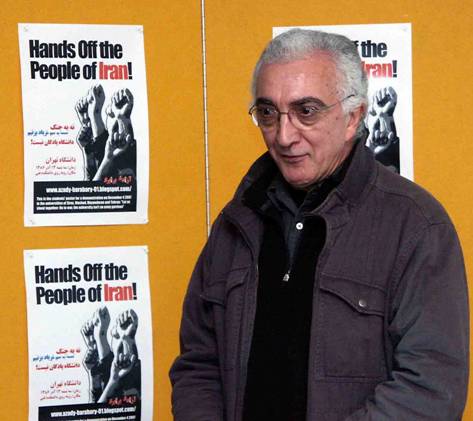– Tim Bowron
Since 2002 when details of Iran’s nuclear program first came to light there has been much talk on the part of Western politicians and journalists about the need to prevent the regime from developing uranium enrichment and other technology that could potentially be used in military applications.
As a signatory to the Nuclear Non-Proliferation Treaty (NPT), under which all nations are guaranteed the right to enrich uranium to a level needed to make fuel for nuclear power, Iran is obliged to allow inspections of its nuclear facilities by the International Atomic Energy Association (IAEA). However for the first 18 years of existence Iran’s nuclear program remained a secret and no IAEA inspections were carried out, a fact which more than any other has caused the Iranian regime to be viewed as untrustworthy by the West.
What most Western commentators fail to understand is that Iran might have had a very good reason for not openly declaring the existence of its nuclear program, when you consider the fate of the nuclear reactor at Osiraq in neighbouring Iraq which was completely obliterated without warning by the Israeli air-force in 1981 – in accordance with Israel’s policy of preventing any Muslim nation from acquiring nuclear capability, however peaceful. Indeed, as one of Israel’s own leading military historians, Martin van Creveld put it: “Obviously, we don’t want Iran to have nuclear weapons and I don’t know if they’re developing them, but if they’re not developing them, they’re crazy.”

